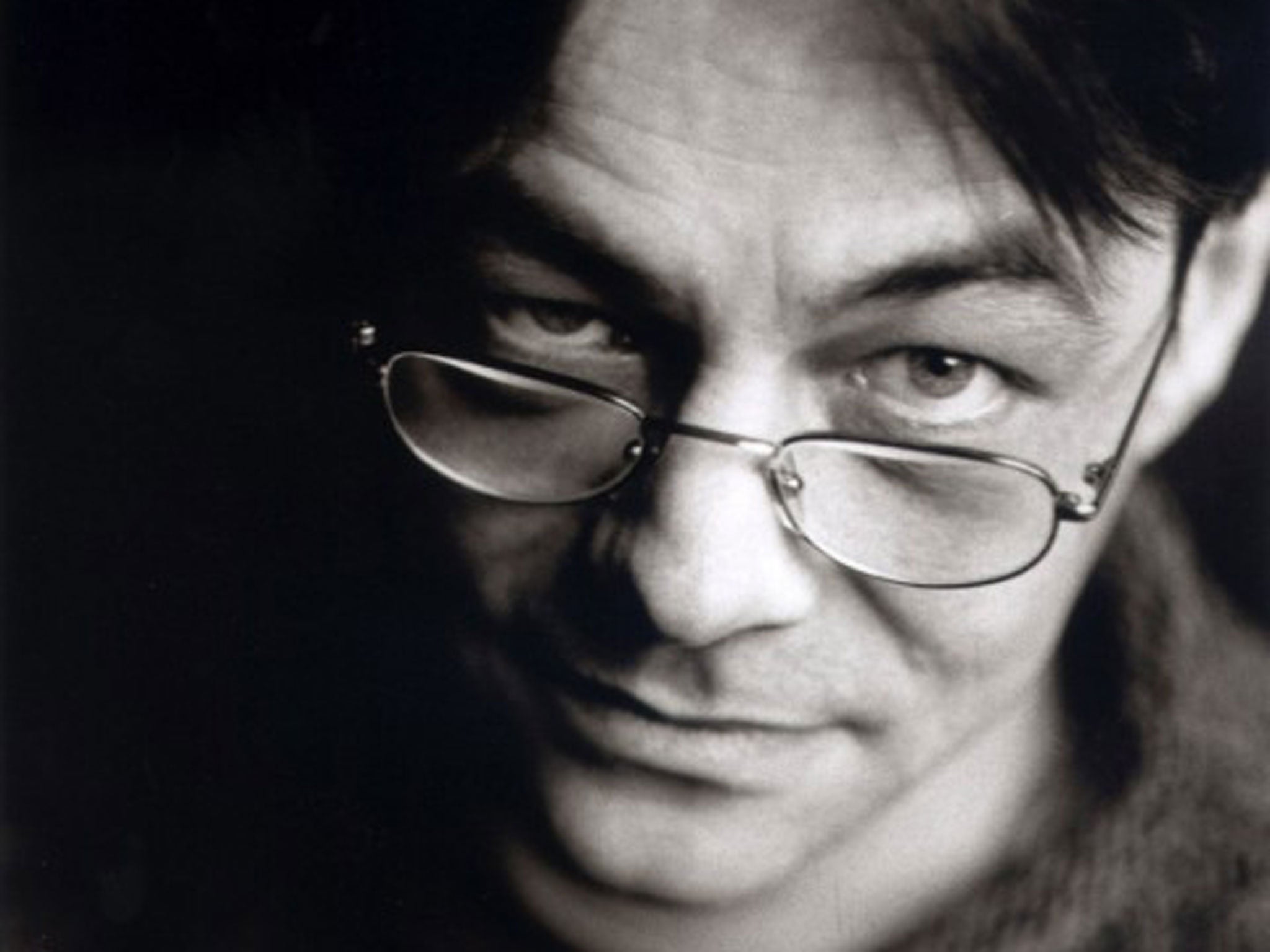At Swim, Two Boys by Jamie O'Neill, book of a lifetime: Beating desire for freedom
O'Neill's novel contains poetic prose as lilting as it is muscular

Your support helps us to tell the story
From reproductive rights to climate change to Big Tech, The Independent is on the ground when the story is developing. Whether it's investigating the financials of Elon Musk's pro-Trump PAC or producing our latest documentary, 'The A Word', which shines a light on the American women fighting for reproductive rights, we know how important it is to parse out the facts from the messaging.
At such a critical moment in US history, we need reporters on the ground. Your donation allows us to keep sending journalists to speak to both sides of the story.
The Independent is trusted by Americans across the entire political spectrum. And unlike many other quality news outlets, we choose not to lock Americans out of our reporting and analysis with paywalls. We believe quality journalism should be available to everyone, paid for by those who can afford it.
Your support makes all the difference.The title is from Flann O'Brien, of course, with birds become boys, echoing Whitman – "We two boys together clinging" – and then Hockney's painting of the same name. Even before reading a word of the story it speaks of queer love. The word play and intertextuality recall that other big, fat Dublin novel, Ulysses; it's ripe – mmm yes – with juicy Joycean joy all bloomtastic and rich with all kinds of timbres and music: "a milk van round a corner came clopping, colloping, collapaling to a stop clop". It oscillates wildly as a young man's heart when love is near.
The other Irish literary shadow cast is Wilde. The character Anthony MacMurrough not only shares Wilde's crime and sentence, but some of his dandyish wit. Like Bosie with brains, lusting after boys and quoting philosophers. His Aunt Eveline – one of the most wonderful characters ever laid down in prose – recalls Wilde's mother, Speranza, in her zeal for Home Rule and eccentricity.
Set in Dublin, 1915/16, ending with the Easter Rising, the two boys at swim are Jim and Doyler, school friends separated when Doyler has to leave to find work, and then reunited when he joins the church flute band in which Jim plays, only to be separated again when Doyler runs away to join the Irish Citizen Army. Doyler makes a pact with Jim: he'll teach him how to swim and a year hence, on Easter Sunday 1916, they'll both swim out to Muglins Rock and claim it for themselves, and for Ireland.
Jim is as shy as Doyler is brash; studious and naïve as Doyler is streetwise and uninhibited; reserved where Doyler is affectionate and bold. To one another they are "Pal of my heart".
At the heart of this novel is the beating desire for freedom: the freedom of Ireland, and the freedom of love. The Wilde century and the century that brought home rule to Ireland.
As might be expected of a novel that started life as a screenplay, the dialogue is immaculate. The imprints of Dublin brogues are all over it. To read it is to wander the streets and shores of O'Neill's Dublin. Politics, passion, humour, love, all wrapped up in poetic prose as lilting as it is muscular. What cheer, eh?
Jonathan Kemp's novel 'Ghosting' is published by Myriad (£8.99)
Join our commenting forum
Join thought-provoking conversations, follow other Independent readers and see their replies
Comments